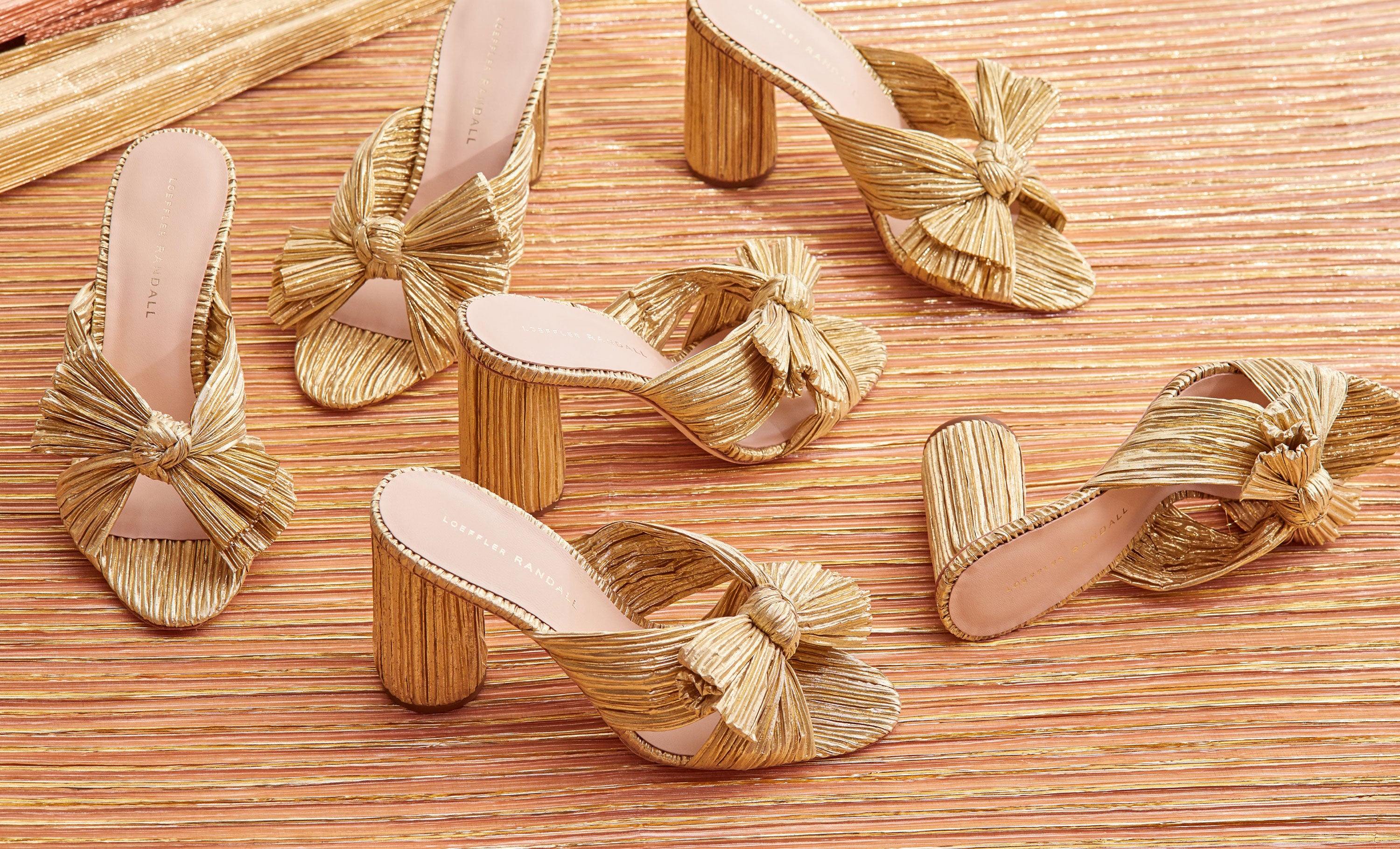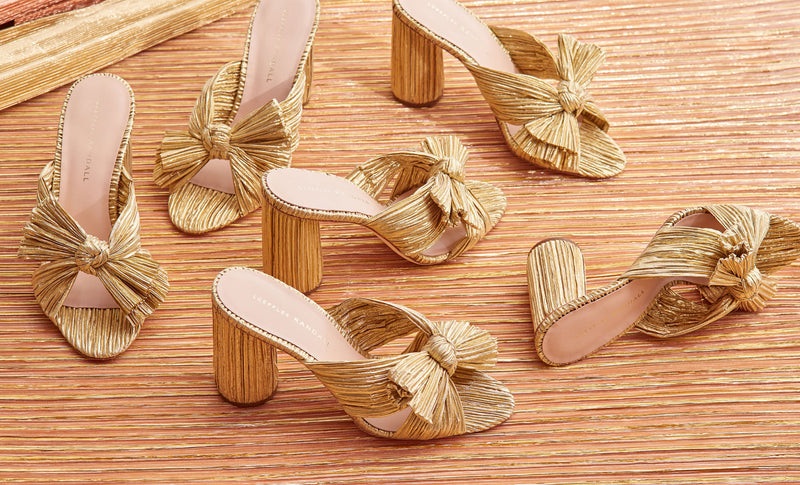
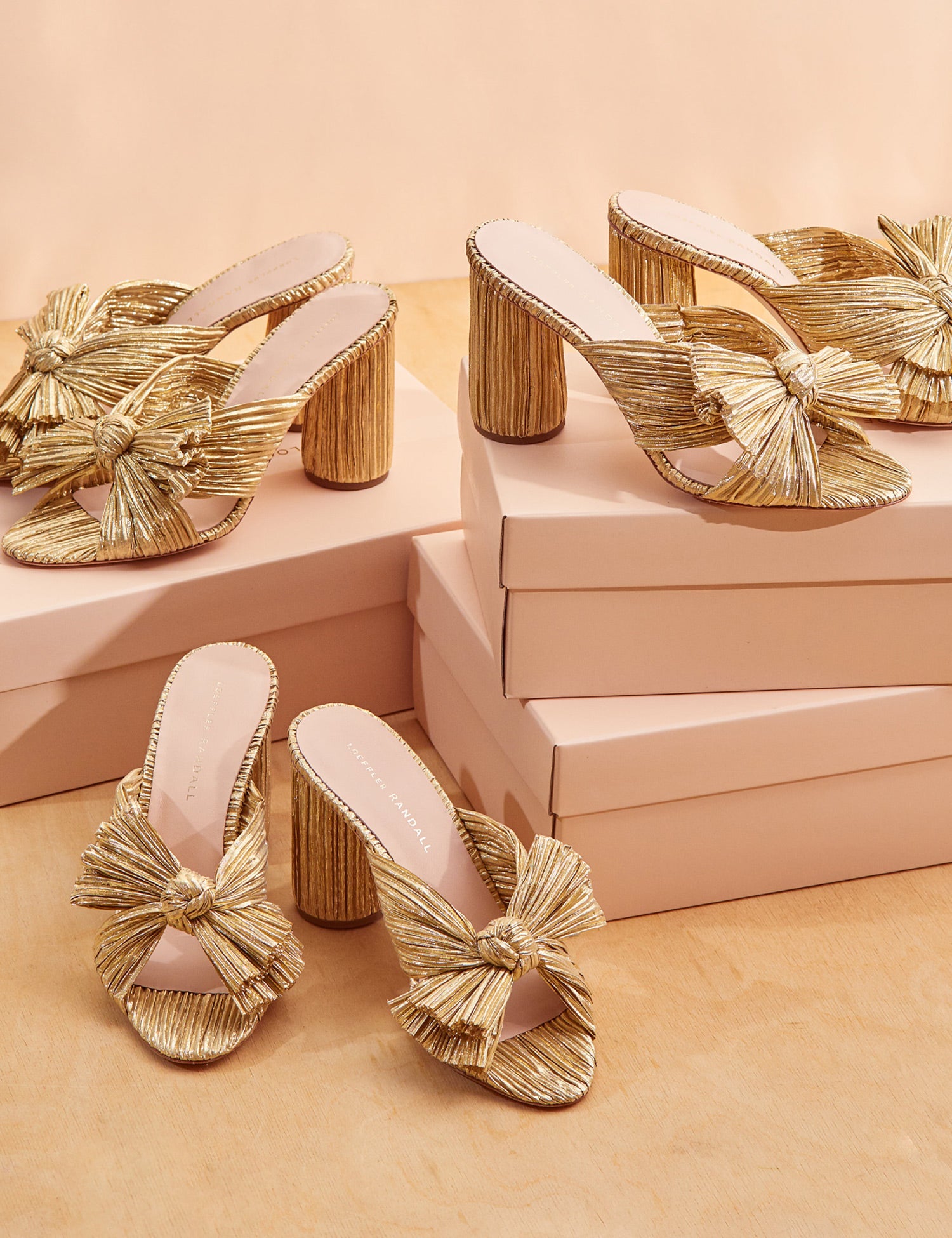
IOur Policy
We have created and shared a detailed social compliance policy for our factory and wholesale partners, and are now pleased to share it with you. This document, linked below, outlines our specific mandates to achieve the following overarching values:
• Respect workers
• Respect the environment
• Respect craft
In formalizing our policies, we looked to the experts at the United Nations, the International Labour Organization, Nest (with whom we have a valued partnership), the American Apparel & Footwear Association, and the UK Farm Animal Welfare Council. Their various guidelines helped to inform our own thorough guidelines for how we want to positively impact our entire supply chain and product lifecycle.
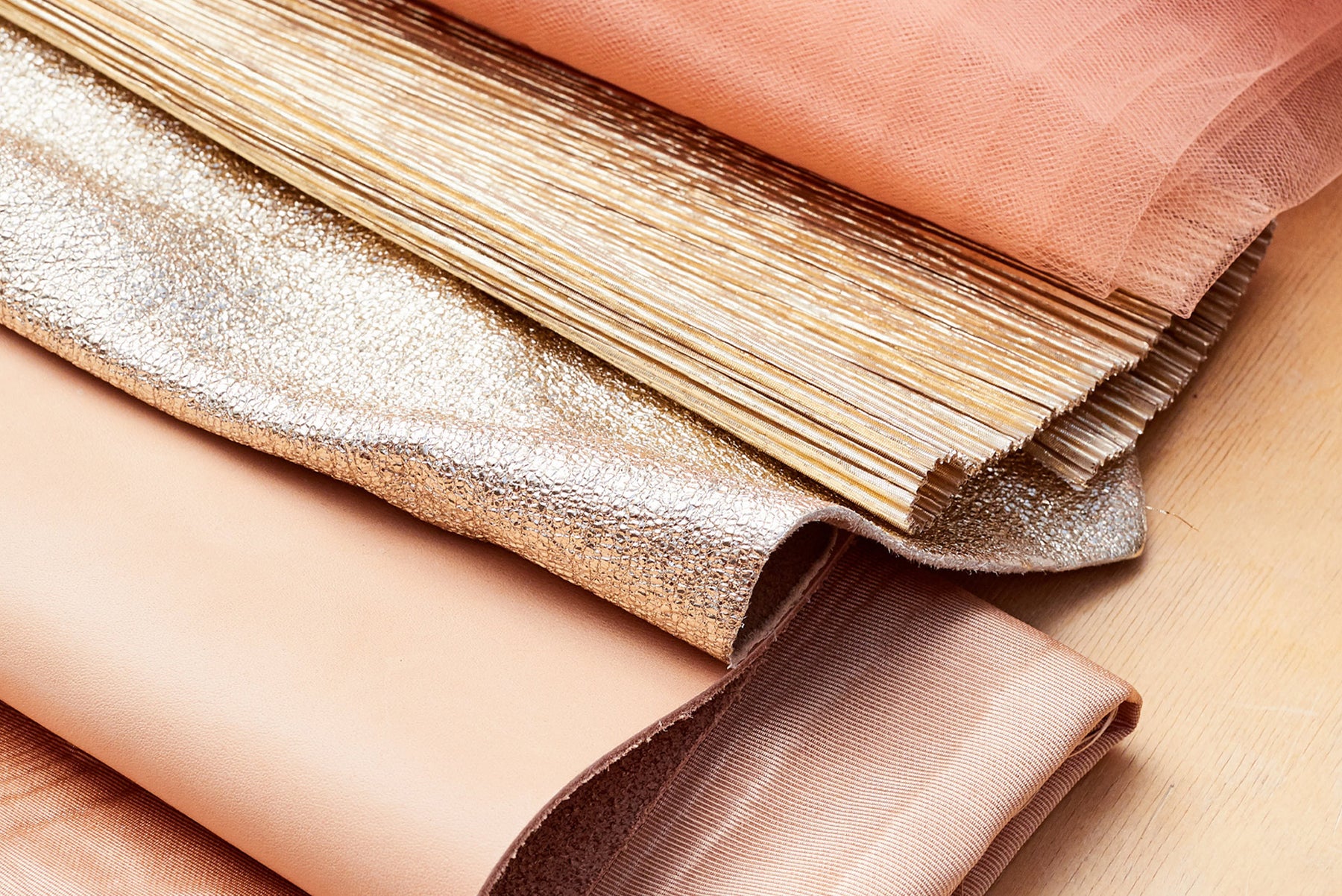
Our Materials
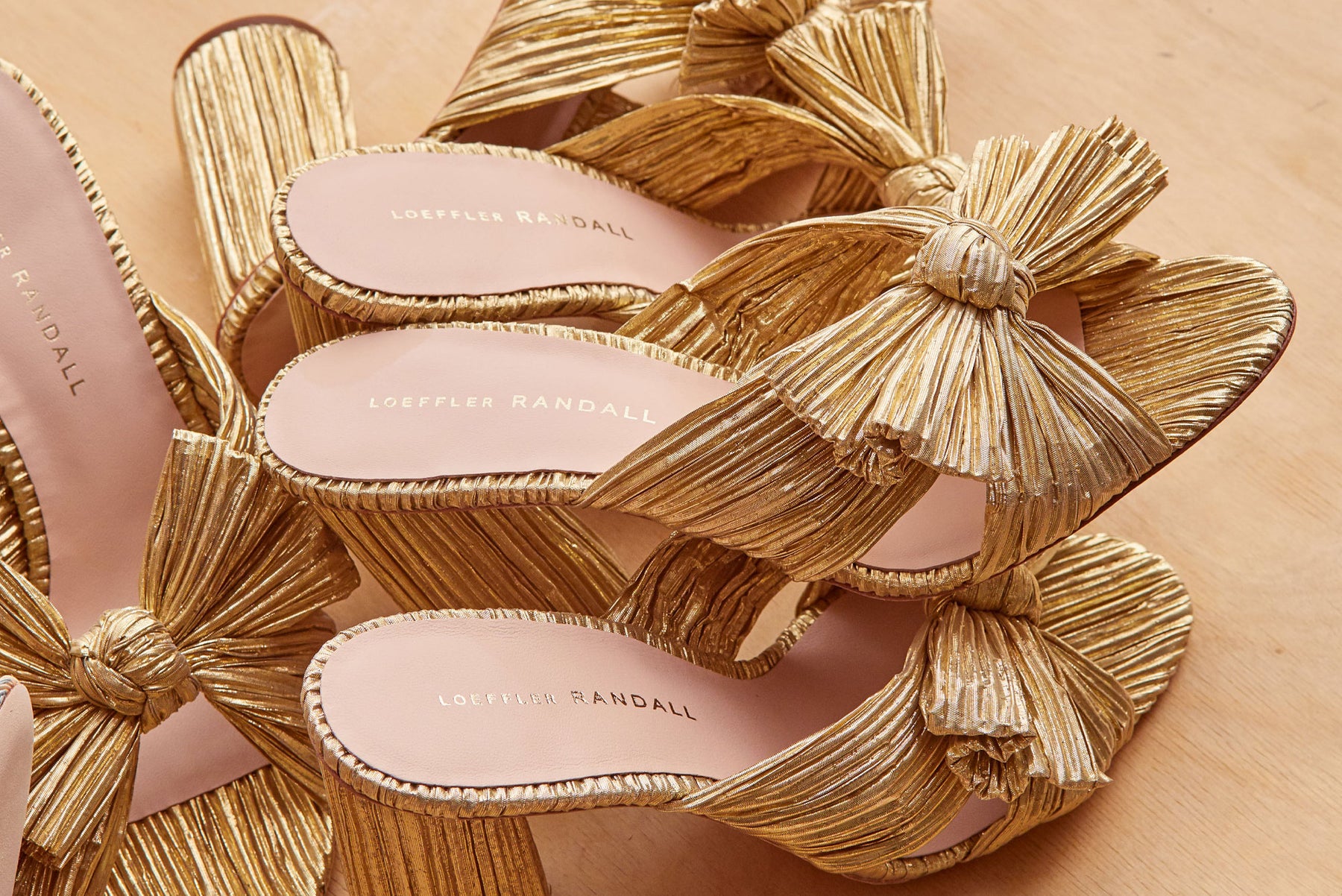
Our 3 Focuses
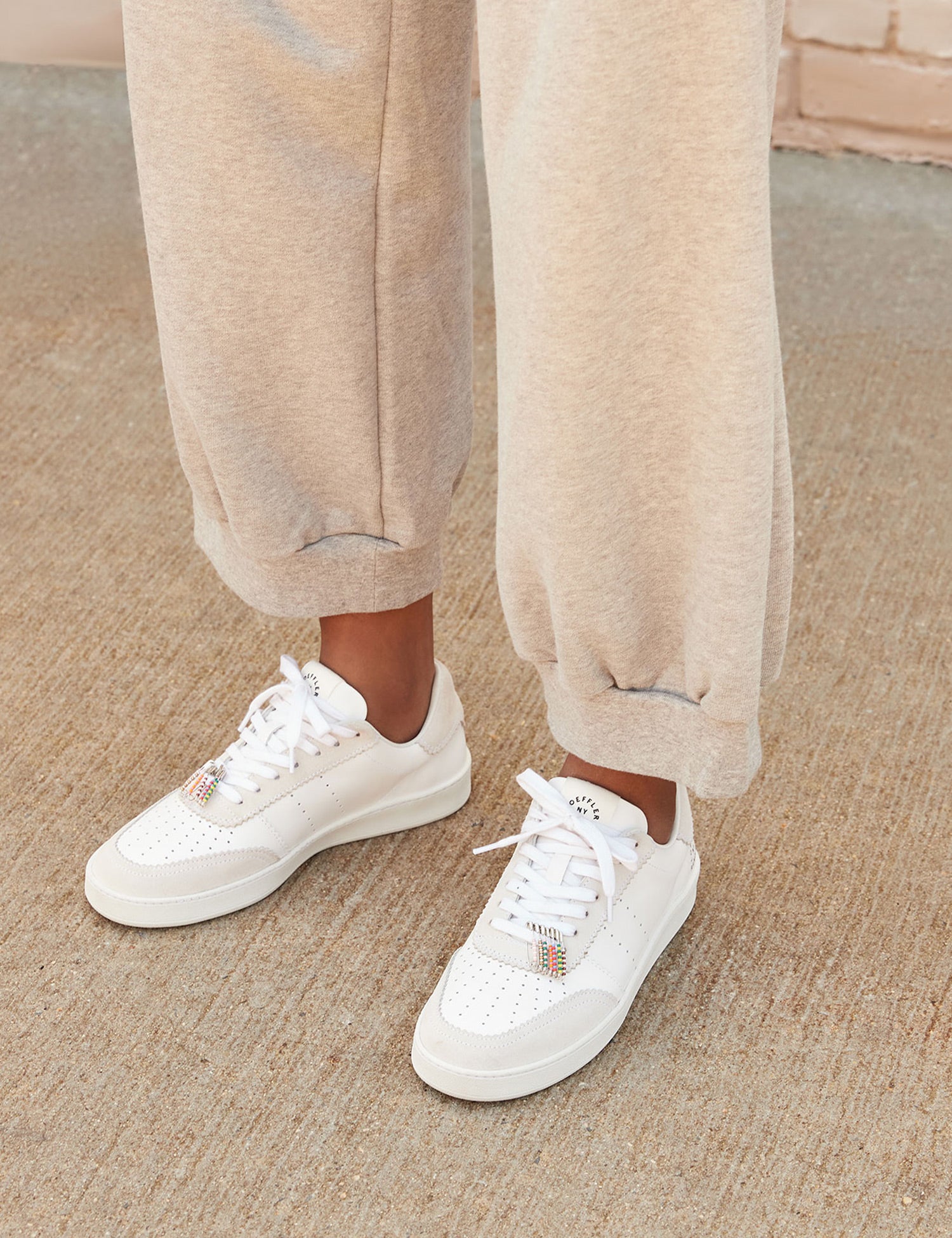
Here are some examples of what these standards look like in practice for our business:
Our Keeley and Keira sneakers feature a recycled rubber outsole made by a factory in Portugal that reuses tires and other rubber that can be repurposed.
Many of our boots are made from Tuscan leather tanned with natural tannins, and the byproducts of the tanning process are recycled for agricultural use.
We use a recycled flyknit material in our best-selling lug sole boot, Bridget.
Additionally, we are in the process of ensuring all of our tanneries have been assessed by the Leather Working Group, a third-party organization that has a rigorous set of environmental guidelines tanneries must adhere to. So far, 50% of our suppliers have been assessed.
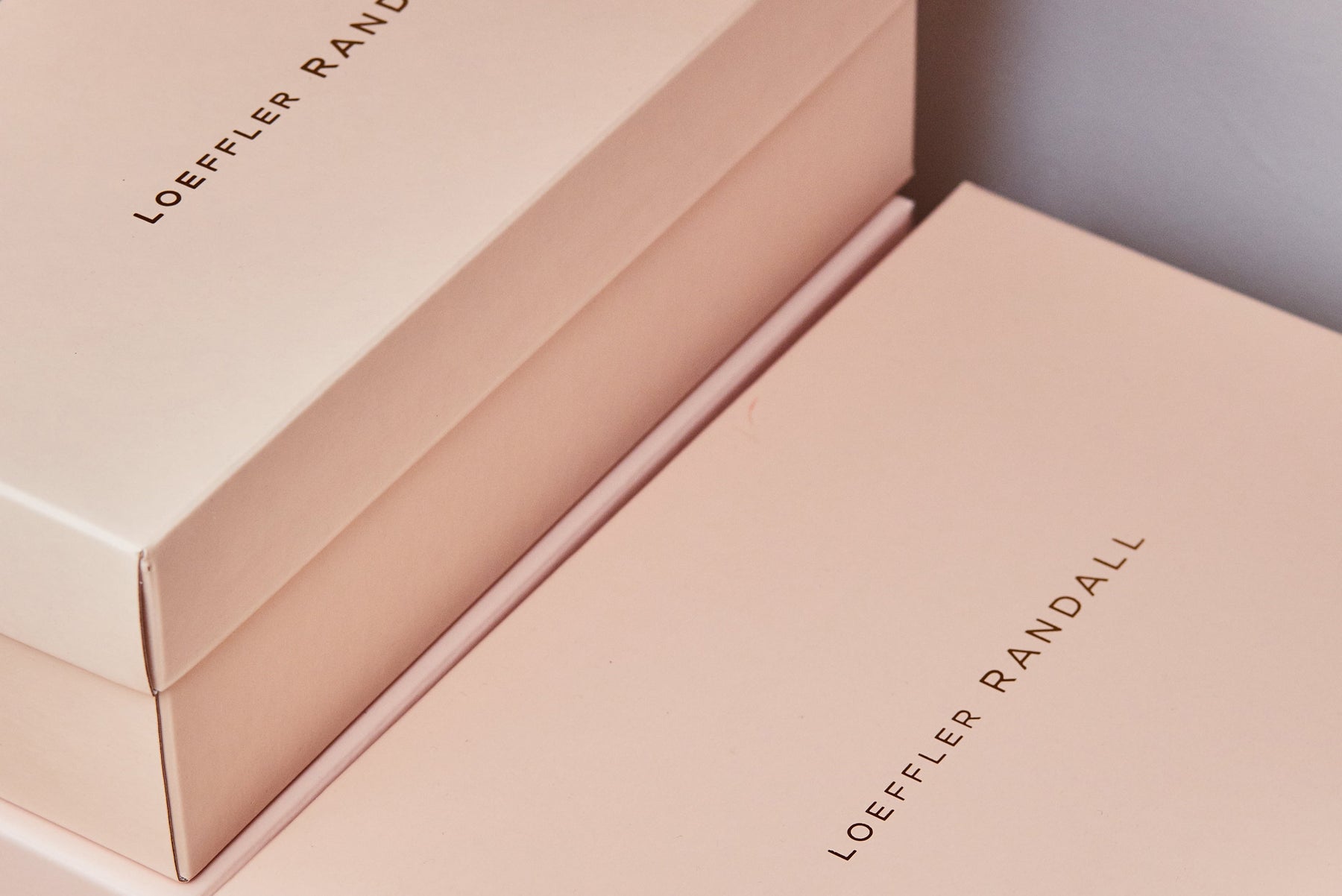
Our Factories
We are proud of all of our factory and guild relationships around the globe, both long-standing and new. Regular factory visits by our production team and assessments by our sustainability expert, Dr. Kannan Muthu (of SgT Group--more on our work with him below!), ensure that our policies are being honored and our quality standards are met. Below, please read a bit more about just a few of our valued partnerships.
*We have not shared factory names as these are proprietary relationships we have developed over many years, but we are extremely proud of all of our factories!
Factory A
• Shoe factory located in Novo Hamburgo, Brazil
• Uses renewable energy which is generated mainly by hydroelectric plants, and they have replaced their lamps to LED bulbs in order to save energy. Their machines consume less energy than a typical factory’s.
Factory B
• Sneaker factory located in Portugal
• Very committed to reducing wastage. They utilize two laser leather cutting machines with scanners, which reduces leather wastage. They also take inventory of their last library (the molds that are used to shape footwear) and send retired lasts back to the supplier to melt down and reuse the materials.
• Completed an audit by Sedex, a non-profit organization recognized for assessing business practices on social compliance and ethical issues.
Factory C
• Family owned business in the Philippines that manufactures materials, bags, and accessories for our line
• Currently the third generation in the family working with weavers and artisans in the Philippines, specializing in hand weaving natural plant fibers.
Factory D
• This company works with seven groups of about 25-40 women knitters in Peru, and shares some of their profits to provide support to women and children living in poverty on an island located on Lake Titicaca.
• Has received the Peruvian Fair Trade certification.
Factory E
• A female owned and operated handbag factory located in Huizhou, in the Guangdong province of China.
• Has undergone two rounds of environmental assessments by Dr. Kannan Muthu (SgT).
Factory F
• Our apparel factory in Bangalore (India) is a vertically integrated operation, from the spinning of the yarn to weaving fabric to stitching. Their mill, established in 1988, produces a wide range of fabrics, including eco-friendly printing and dyeing capabilities, GOTS certified cotton, and AZO dye-free fabrics.
Our Product Lifecycle
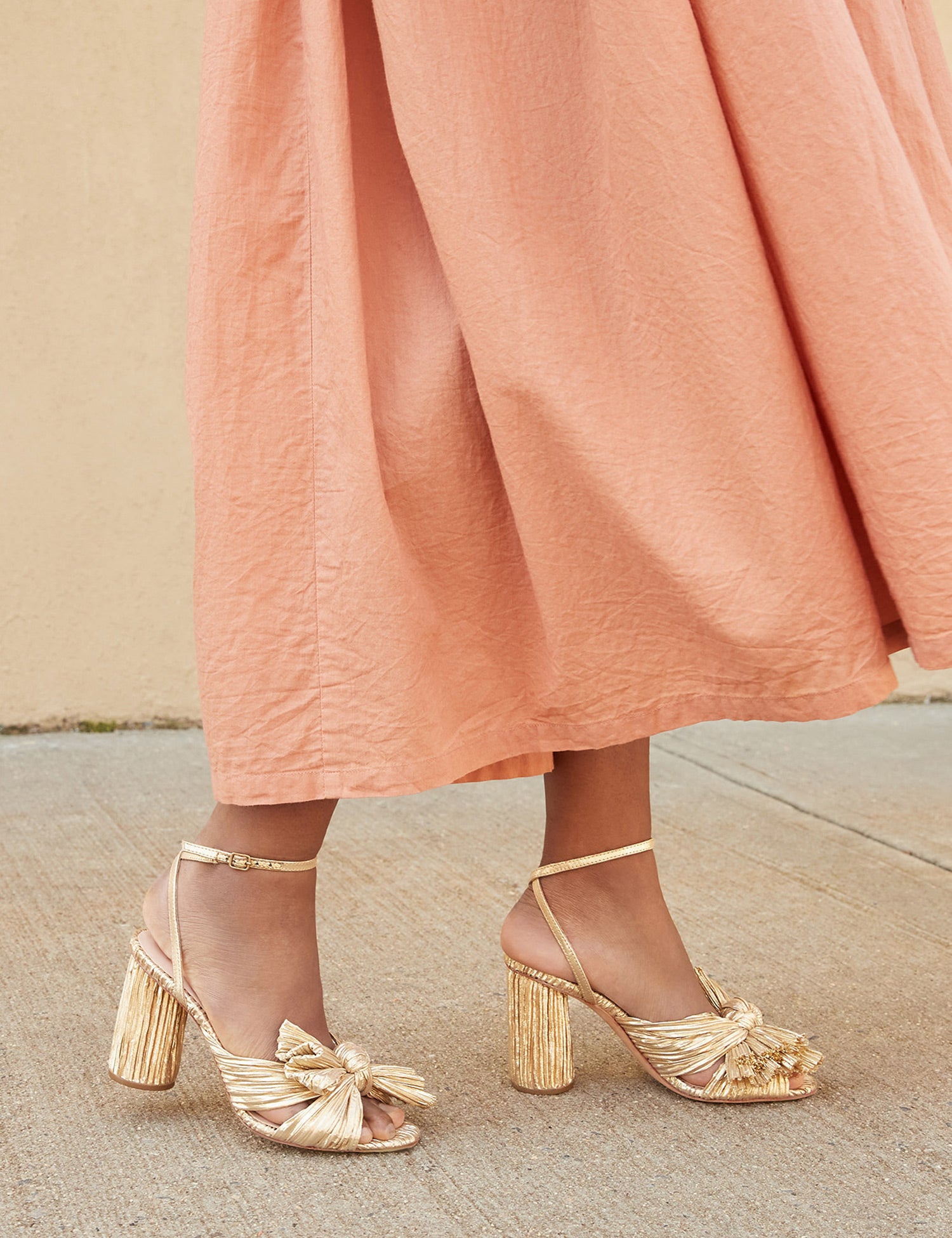
To reduce waste during the design process, we create mockups in house utilizing available materials and try to revisit past concepts and shapes. For our Resort ‘21 season (launching October 2020 and designed in early 2020), we reduced our sample order for market by 50% and are working for this to become our new, reduced target for sample ordering.
We are proud of our relationships with Soles4Souls and Amputees Coalition, to whom we continually donate samples and lightly worn product. Our Production Team donates material cuttings to FABSCRAP, an organization that repurposes scrap fabric as insulation, carpet padding, furniture lining, etc. We are currently researching options for recycling prototypes and damaged goods we cannot donate or reuse, and are excited to share updates on that soon.
Additionally, we believe the best way to shop sustainably is to invest in quality and take care to protect and repair your pieces for as long as possible. We have care instructions specific to each product on our site included on the page, but have also published our extensive guide to product care on our Journal to encourage longevity.
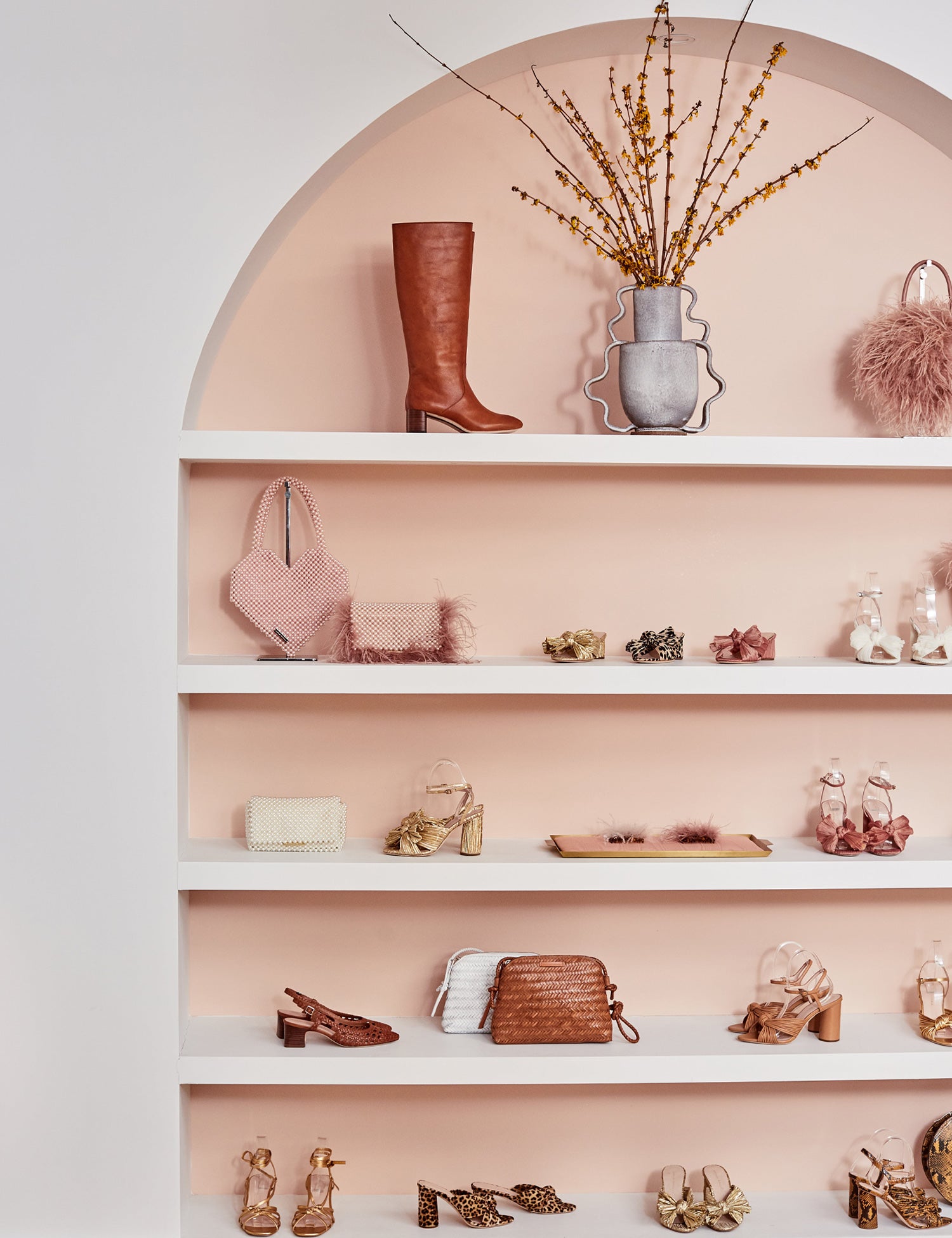
Our Expert Advisor
We are undergoing a full assessment by SgT (our textile quality management company) led by Dr. Kannan Muthu, SgT’s Head of Sustainability. Dr. Muthu has now gone through two rounds of assessments with three of our factories. Training on management systems, storage, and usage practices are already in effect. Having performed these chemical and environmental assessments of our tier one manufacturers, we have begun to establish a baseline and can create objectives for suppliers to reach our goals. We will pursue product-level assessments for top-selling pieces as well and continue to communicate our objectives clearly to all partners.
“I am pleased to see a wonderful working relationship & sustainability partnership with Loeffler Randall & SgT’s Sustainability division. […] It’s a wonderful record and I take note of the commitment from LR to make its supply chain sustainable through working with us in terms of Environmental & Chemical Management assessments through SgT’s checklist.”
- Dr. Kannan Muthu
